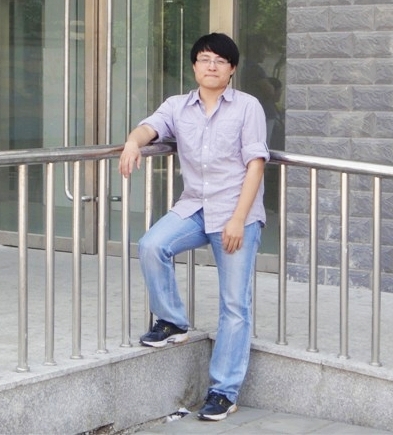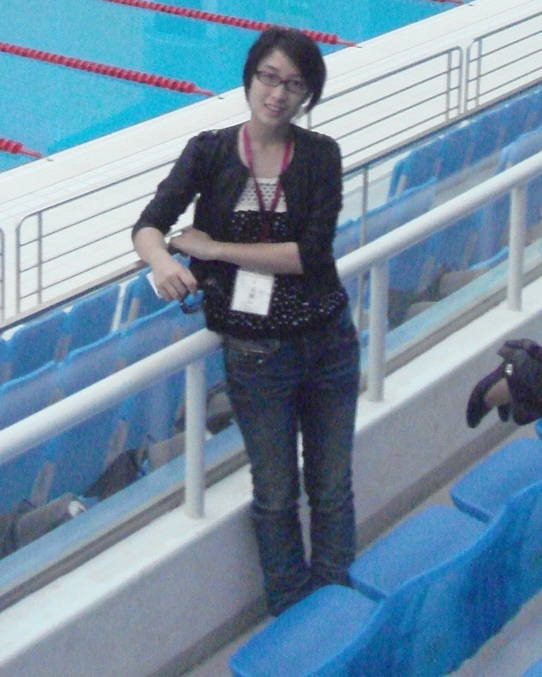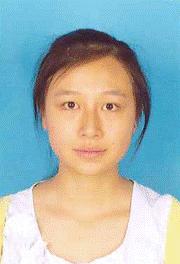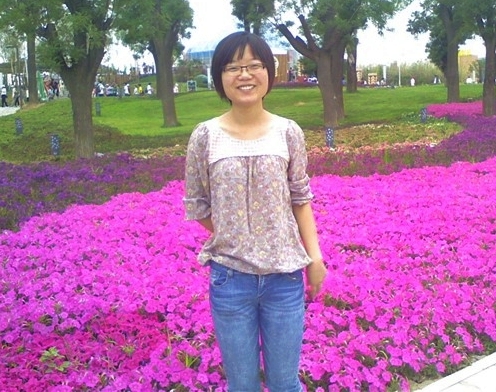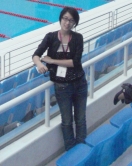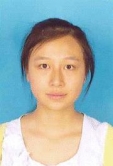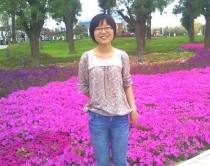CUHK
News Centre
CUHK Attracts Mainland Top Students, in Quantity and Diversity
This year, The Chinese University of Hong Kong (CUHK) admits 292 outstanding mainland students through the National Higher Education Entrance Examination System. This is the first year in which the admittees include students from Gansu Province, the Inner Mongolia Autonomous Region and the Ningxia Hui Autonomous Region.
The students admitted are among the top scorers in their respective provinces/municipalities/autonomous regions. Statistics show that the scores of nearly all of them are within the top 0.1% in these provinces/municipalities/autonomous regions where candidates usually number in hundreds of thousand. Forty-five of them rank among the top three in their respective provinces/cities and close to 60 are among the top five. Many of them are prize winners of various national Olympiads. Three are only of the age of 16.
As in past years, CUHK only considers the candidates' actual exam scores, discounting all other discretionary bonus marks. Where admission offers are made, CUHK's scorelines are uniformly higher than most of the recruiting universities of repute in the relevant provinces/municipalities/autonomous regions. In quite a few places CUHK's are the highest. The English standard of these mainland students is outstandingly high, with an average score of 137 out of a total of 150 marks. Twenty-one students scored 145 or above, with the highest being 148.
Tradition and diversification
This year saw the largest numbers recruited from the mainland and from ethnic minority clans since the University started student recruitment on the mainland in 1998. Nineteen students are from the clans of Hui, Manchu, Zhuang, Bai, Mongol, Tujia, Miao, Li and Yao. A spokesperson of CUHK's Office of Admissions and Financial Aid said, 'The students from such a diverse ethnic backgrounds will further enrich the cultural mix of students on campus.'
Niu Ben from Inner Mongolia has been admitted to the Business Stream. Although he did not grow up on horseback and can claim little credit of galloping on grassland, there runs in his blood the toughness and steadfastness of the Mongol race which would stop at nothing less than reaching the goal. After he learned about the unique college system, the rich exchange opportunities and the liberal academic ambience at CUHK, he set his mind on becoming a member of it. He even set the photo of the huabiao at the main entrance of the University as the wallpaper on his cell phone to constantly remind him of this goal.
Li Yao's parents are Manchurian and migrated from the northeastern part of China to Ningxia Province. The genealogy of the Manchu race can be traced back to pre-Qin at the beginning of the first century. Although most of the Manchu customs have disappeared with time, the persistence of the clan spirit remains. She had been impressed with the faculty, facilities and humanistic orientation of CUHK. But it was the words of the Vice-Chancellor that had helped her make up her mind: 'CUHK is committed to promoting Chinese culture and establishing a modern cultural order for China. We aim to create new knowledge for the society, expectations for the times, and hope for the nation.' This really speaks her mind. Li Yao will study in the Engineering stream.
Xu Qing comes from the Bai clan in Yunnan Province and she has been admitted to the Arts stream. She had long wished to study at CUHK, not only for the internationalization, prosperity and cultural atmosphere in Hong Kong but also for its social system of fairness and opportunities. She said, 'I went to primary school in a small town, where many of my classmates came from the rural areas. When they finished the nine-year compulsory education they had to go back to their villages and do farm work for the rest of their lives. Education can improve people's lives but not theirs. I think I will go back after graduating from CUHK to help such students. Even though I can do only a little, I at least would have given my best.'
Ma Xiaohan comes from a Hui family in Hubei Province. She will study Business at CUHK. Her knowledge of CUHK came from the media and her friends. She was attracted by the multi-cultural atmosphere on campus and its college system. She said that although her family had lived in the city for a long time and had become very much acculturated to the Han way, they still upheld important traditions such as going home and attending the mosque on Kaizhajia (vegetarian dietfestival). Until now, Hui people still refrain from eating pork.
All the newly recruited mainland students are due to arrive at the University on 22 August. A two-week orientation camp will be organized to help them know and adapt to Hong Kong and CUHK better. Academic departments will be introduced to them to facilitate their choice of areas of studies. A series of workshops on cultural adaptation and tours will help them settle down and get ready for the new academic year. For parents who accompany some of these students, they will be introduced to the educational system in Hong Kong and the educational experience, facilities and learning opportunities available to their children at CUHK.
|
Minority clan |
No. of students |
Distribution |
|
Hui |
4 |
Beijing Hubei Hunan Sichuan |
|
Manchu |
3 |
Beijing Jilin Ningxia |
|
Zhuang |
3 |
Guangxi |
|
Tujia |
3 |
Beijing Chongqing Guizhou |
|
Bai |
2 |
Yunnan |
|
Miao |
1 |
Yunnan |
|
Mongol |
1 |
Inner Mongolia |
|
Li |
1 |
Shanxi |
|
Yao |
1 |
Guangxi |
Niu Ben (Mongolian): 'When I am weary, I glance at the wallpaper photo on my cell phone. The four huabiao at the entrance to CUHK will lift my spirit.'
Li Yao (Manchu): 'What made me choose CUHK is what the Vice-Chancellor said, "CUHK is committed to promoting Chinese culture and establishing a modern cultural order for China. We aim to create new knowledge for the society, expectations for the times, and hope for the nation."'
Xu Qing (Bai): 'I hope that I can go back after graduating from CUHK to help the children from the rural areas. Even though I can only do a little, I at least would have done my best.'


